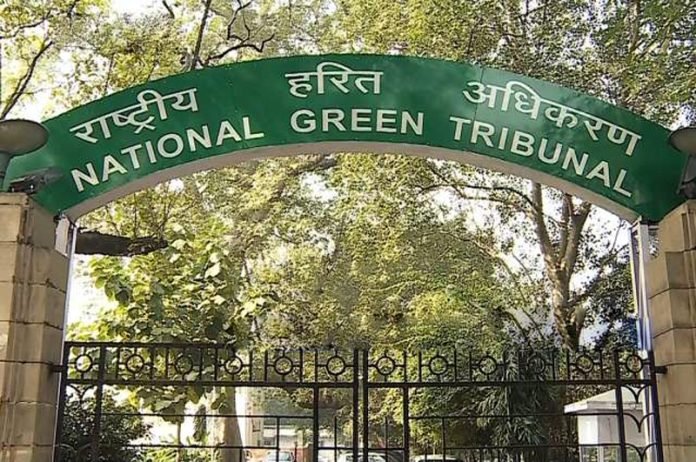NEW DELHI, NOV 30 – The National Green Tribunal (NGT) has emphasized the need for a fair and transparent process when imposing fines for environmental violations. In a recent order, the tribunal stated that violators should be given an opportunity to be heard before an environmental compensation (EC) penalty is levied, and should be informed of their right to file an appeal against such orders.
The tribunal was hearing a case in which the Delhi Pollution Control Committee (DPCC) had imposed an environmental compensation of Rs 8 lakh on four illegal stone crushing units in Nilothi village, Delhi, for causing air, noise, and water pollution. The DPCC had issued show cause notices imposing a compensation of Rs 2 lakh on each of the four units and referred the matter to the Sub-Divisional Magistrate (SDM), Punjabi Bagh for recovery of the amount.
However, the NGT bench, comprising Justice Arun Kumar Tyagi and Expert Member Afroz Ahmad, noted that the show cause notices issued by the DPCC were being treated as “final orders,” which bypassed the due process of allowing the violators a chance to respond or present their case.
In its order dated November 22, the tribunal stated, “We are of the considered view that in such cases, the order imposing environmental compensation ought to be passed only after giving an opportunity to the violators to file a reply, if any, and after giving them a chance to be heard.” The NGT further directed that the violators be informed of their right to appeal against any such orders.
The tribunal’s decision underscores the importance of ensuring that due process is followed in environmental law enforcement, protecting the rights of those accused of violations while holding them accountable for environmental damage. It also stresses the necessity of providing transparency and access to legal remedies for those facing penalties for environmental violations.
This order is a reminder that, while environmental regulations must be enforced strictly to safeguard public health and the environment, fairness and procedural justice must also be integral to the process of penalization.

